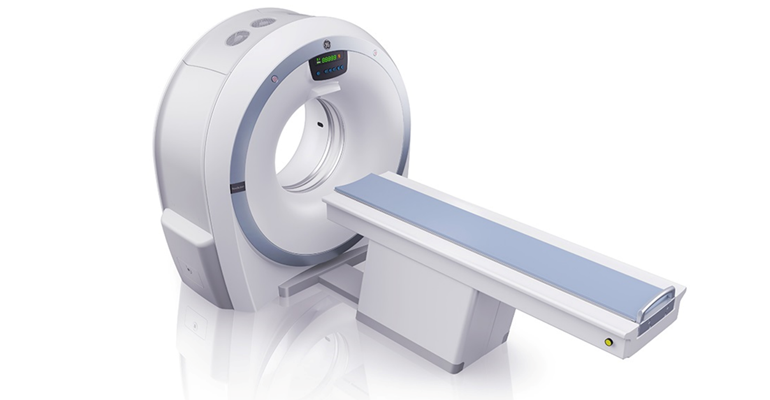


Pathology lab tests involve the analysis of bodily fluids, tissues, and cells to diagnose diseases, monitor health conditions, and guide treatment decisions. These tests are essential in understanding the underlying causes of illnesses and evaluating the effectiveness of medical interventions. Pathologists and laboratory professionals perform these tests with precision and accuracy to provide reliable results.
Blood tests analyze components of the blood, such as red blood cells, white blood cells, platelets, and various substances dissolved in the plasma. Common blood tests include:
Urine tests examine the physical, chemical, and microscopic properties of urine to assess kidney function, detect urinary tract infections, and diagnose other conditions. Common urine tests include:
Tissue biopsies involve the removal and examination of a small sample of tissue from a suspicious area to diagnose or rule out diseases such as cancer or inflammatory conditions. Types of tissue biopsies include:
Cytology tests analyze cells collected from various body fluids or tissues to detect abnormalities indicative of cancer, infection, or inflammatory conditions. Common cytology tests include:
Genetic tests analyze DNA or RNA to identify genetic mutations associated with inherited disorders, susceptibility to diseases, or treatment responses. Types of genetic tests include:
Microbiological tests detect and identify microorganisms such as bacteria, viruses, fungi, and parasites responsible for infectious diseases. Common microbiological tests include:
For any of these pathology tests and more, contact Akshar Imaging Centre, Ahmedabad. Our experienced team of pathologists and laboratory professionals is dedicated to providing accurate and reliable diagnostic services to meet your healthcare needs.
A CBC test measures the number and types of blood cells, including red blood cells, white blood cells, and platelets. It helps diagnose various conditions such as anemia, infections, and blood disorders.
In most cases, no specific preparations are necessary. However, some tests may require fasting for accurate results. Your healthcare provider will provide instructions if any special preparations are needed.
Yes, blood tests can help diagnose a wide range of diseases and conditions, including diabetes, thyroid disorders, liver and kidney diseases, and certain infections.
A urinalysis evaluates the physical, chemical, and microscopic properties of urine. It can detect urinary tract infections, kidney disorders, diabetes, and other health conditions.
A urine sample is usually collected in a clean container provided by the healthcare provider. Midstream urine collection, where you begin urinating into the toilet and then collect a sample midstream, is commonly recommended to minimize contamination.
Urine test results are typically available within a day or two. However, some tests may require additional time for processing, especially if further analysis is necessary.
A tissue biopsy involves the removal of a small sample of tissue from a suspicious area for examination under a microscope. It is performed to diagnose or rule out cancer, inflammatory conditions, infections, and other abnormalities.
The procedure varies depending on the location and size of the tissue sample needed. It may be done using a needle biopsy, excisional biopsy, or incisional biopsy under local anesthesia or sedation.
Discomfort during a tissue biopsy is usually minimal and well-tolerated with local anesthesia or sedation. After the procedure, some soreness or mild pain at the biopsy site may occur, which can be managed with over-the-counter pain relievers.